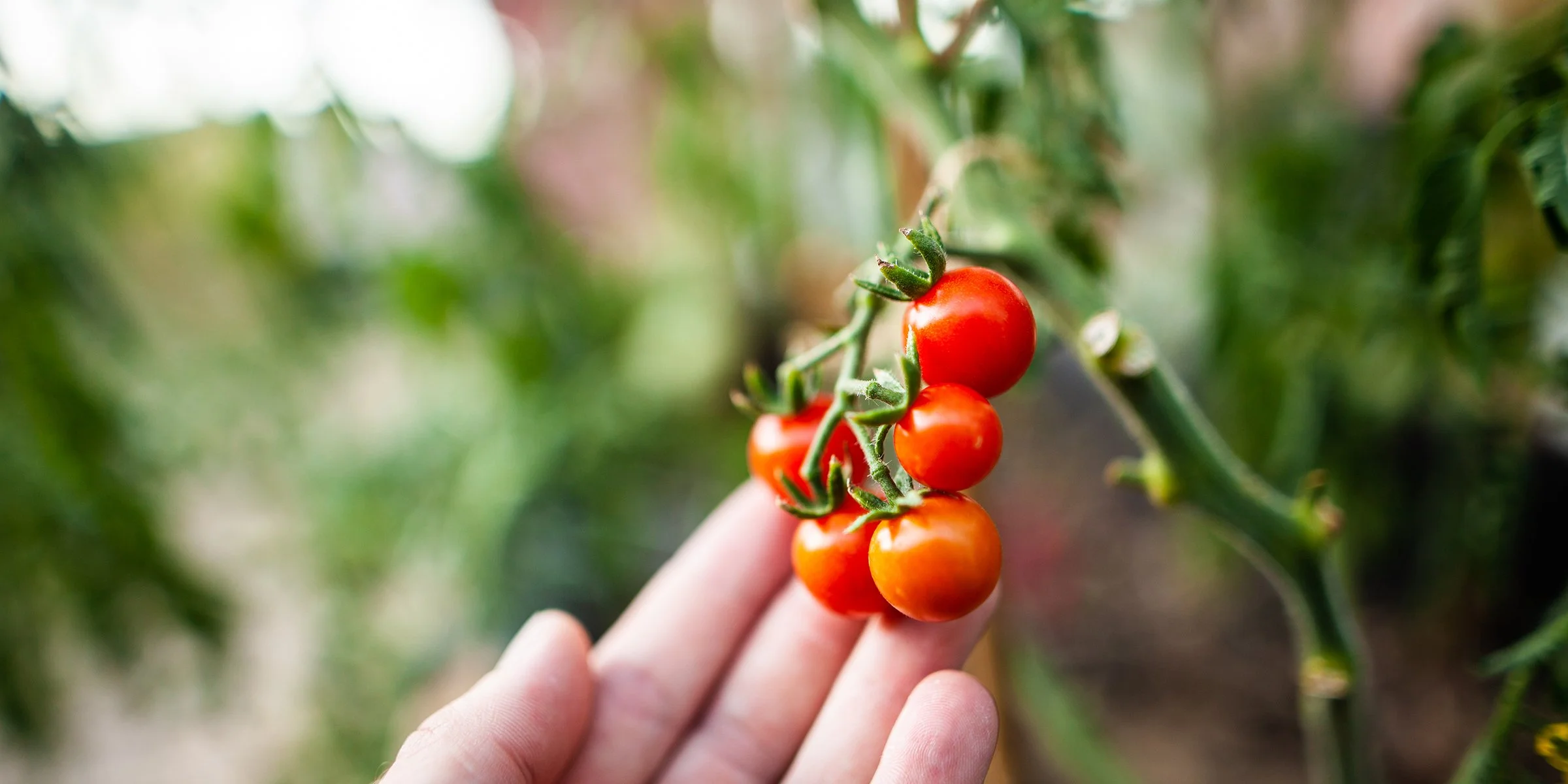Not Your Mama’s Marinara: Matriark Launches First Carbon-Neutral Tomato Sauce
By Chris Vespoli
Tomato sauces are great for making pasta and pizza, but not so great for the planet. From the greenhouse gasses produced from raising tomato crops to the materials used in product packaging, a simple Sunday family dinner can take an environmental toll. But a new line of sauces from Matriark Foods — the first to be certified as carbon neutral — is putting a disruptive, eco-friendly spin on the pantry staple.
Pasta Sauce With a Purpose
Available at select retailers this week, Matriark sauces are fighting climate change on a new front — grocery shelves. Each 18-ounce carton represents a pound of greenhouse gasses reduced.
“We just saw an opportunity to change the game,” says Anna Hammond, founder and CEO of Matriark Foods. The sauces — which come in three varieties: Tomato Basil, Gentle Marinara, and Spicy Arrabbiata — “give consumers the opportunity to take climate-friendly action every day in their lunch and dinner habits.”
According to a United Nations-backed study published last year, food production activities account for 34% of the world’s emissions.
And tomatoes, especially those grown indoors, are a significant contributor among vegetables. Research compiled for a University of Michigan report on food footprints found that tomatoes grown in greenhouses, which are often heated using fossil fuels, are responsible for an average 2 kilograms of CO2e (carbon dioxide equivalent) for every kilogram produced.
Matriark limits its climate impact by using U.S.-cultivated tomatoes that are grown outside and selling sauces in cartons with an 81% lower carbon footprint than cans and glass. Matriark’s efforts are verified by Planet FWD, a sustainability technology company that partners with brands to help them achieve carbon neutrality (learn more here).
Planet FWD officially certifying Matriark’s sauces as carbon neutral is a big deal “because it’s [a] third party,” says Anna. “We’re not just saying it.”
A Food Waste Warrior
In addition to helping stave off climate change, Matriark is also combating food waste — a global problem that sees almost half the world’s fruits and vegetables discarded annually. Tomatoes with funny shapes or crops that are too large to find buyers are often thrown away before they even reach consumers.
“We've targeted … a large tomato grower-processor who was previously sending 3 million pounds of tomatoes to landfill,” Anna explains. With every carton of sauce Matriark sells, nearly half a pound of tomatoes are given a new lease on life. Plus, 50 gallons of water are saved.
The company’s commitment to reducing food waste has led to another milestone: Matriark tomato sauces are Upcycled Certified™, a badge given to companies whose food products use ingredients that otherwise would not have gone to human consumption.
“Our products are anywhere from 60 to 80% upcycled,” Anna boasts. “... We really live and breathe our commitments.”
It’s clear Matriark has put as much thought into its recipes as it has its environmental impact. The Tomato Basil variety is likely to win over purists with its fire-roasted garlic and onions, while the Gentle Marinara goes easy on the spice for those with sensitive stomachs. Crushed red pepper gives the Spicy Arrabbiata a kick. Common among all three is a focus on simplicity.
“The best sauce has the least ingredients, from my perspective, especially when you're talking about tomatoes,” Anna opines. “A fresh tomato is one of the most delicious things on earth, so we really tried to feature the tomato above all else.”
Rooted in Tradition, Focused on the Future
Matriark is a women-owned business that draws inspiration from the “fix it, don’t toss it” mentality many would recall their grandmothers living by. Anna was moved to found the company when she saw how much surplus farm produce was going to waste while she was building a healthy eating program for families in New York City public housing.
Space constraints made donating the surplus impractical. And farmers were struggling due to the lost income.
“That just made me nuts, seeing all this waste and all of this … strong desire for better food. So I just had to do something about it.”
Matriark launched with an Upcycled Vegetable Broth Concentrate geared toward the food service industry that’s made from surplus and fresh-cut vegetable remnants. Each 18-ounce carton yields about 2.3 gallons of broth.
After weathering the COVID-19 pandemic, there was a desire to diversify the business and venture into the retail space, which the company is now poised to do with its tomato sauce line.
As far as where Matriark goes next, a shelf-stable meal product for food banks and emergency use is in the works. Anna says every business decision the company makes must answer two questions: Is it better for the environment, and is it better for people’s health?
“We hope that becomes true for every company, because that's the way we're gonna change the food system.”
Chris Vespoli (he/him) is a New York-based writer/producer who has created content for some of the world’s top media, entertainment, and consumer brands. You can see more of his work on his website.


